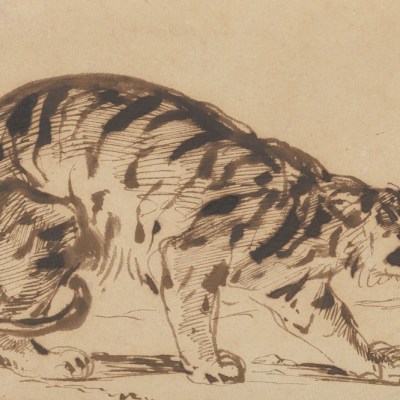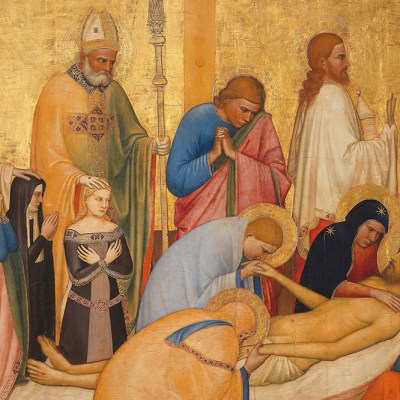The Story of Drawing: An Alternative History of Art
Susan Owens
Yale University Press
Drawing, as Susan Owens notes in this virtuosic study, is almost impossible to define. The word ‘can mean anything from the lightest sketch to the most complete, fully realised work of art’. The drawings Owens selects range from scratches on limestone, via charcoal, chalk and ink, to wire structures and splatters of bodily fluids. Their outward appearances, too, are wildly various: from the flickering lines of cave art to the minute observations of Dürer, on to the gestural missives of Delacroix and Morisot, the high polish of Ingres, and out into the intimations and investigations of the modern. For all their variety, what brings them together is some feeling of immediacy – the direct relation between the artist’s hand and the image before us. They hit us with the sense not just of the drawn but of the drawer too.
Owens creates something of the same sensation herself across The Story of Drawing, a history that runs from 13,000 years ago up to the present day to stake a claim for the status of drawing as the ‘engine room of creation’. Swift as a pencil in action, her 15 chapters chart a global path that sees drawing roam from the cloistered world of scribes out to the wide landscapes of Europe, China and Japan, and through the workshops of the Renaissance and after, before setting sail for the experimental shores of the our own era. Crammed with treasures, like the astonishing geometric wireframe chalice drawn by Paolo Uccello in the mid 15th century or the luminous lepidoptera of Maria Sibylla Merian from the late 17th, this would be a valuable volume for the illustrations alone. With Owens’s expertise as a curator and art historian, it is detailed and precise – the history of paper, the qualities of pen-nibs and the properties of chalk all feature – but most of all, it reads as a story of delight in its objects.

Tim Smith-Laing is a writer and critic based in London.




